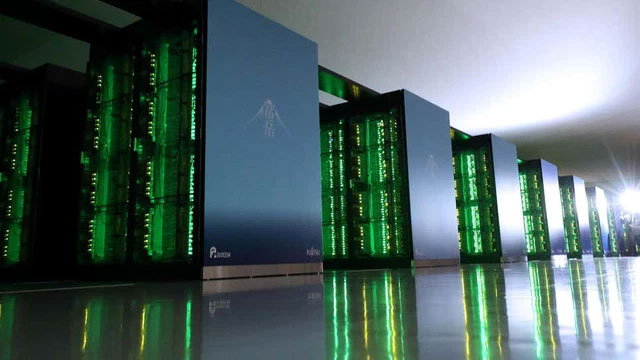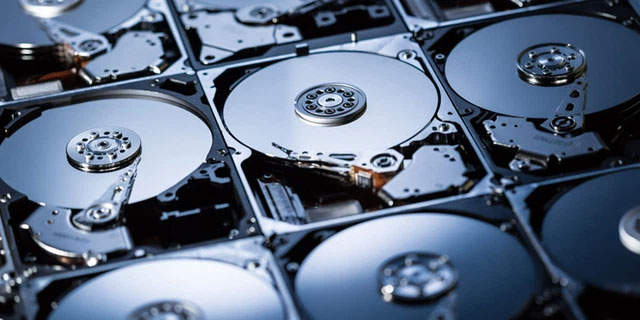Supercomputers are extremely fast and capable of storing vast amounts of data, but when issues arise, the consequences can be significant.
Kyoto University is one of the leading research institutions in Japan. However, recently, they lost a significant portion of their stored data after their supercomputer accidentally erased 77 TB of data during a routine backup process that they regularly perform.
This incident occurred between December 14 and December 16 and resulted in the deletion of approximately 34 million files across 14 different research groups. Kyoto University is currently using a Hewlett Packard Cray computer system and a DataDirect ExaScaler storage system—both of which are widely used by many research teams for various purposes.

Kyoto University’s supercomputer reportedly encountered issues during routine backup.
Currently, it is unclear which specific files were deleted or what exactly triggered the incident. However, Kyoto University has indicated that research data from at least four groups will be irretrievable. According to BleepingComputer, supercomputers are not inexpensive; operating one for just an hour can cost hundreds of USD.
Kyoto University is known as one of the top institutions in Japan and frequently receives substantial funding for scientific research purposes. Therefore, this incident is considered particularly serious, prompting them to quickly release detailed information about the unfortunate event in mid-December.
In their official announcement, they stated: “Dear users of the supercomputer services. Today, a bug in the storage system backup program caused an unintended incident, resulting in the deletion of some files in /LARGE0. Although we have addressed this issue, we may have lost up to 100TB of data and will continue to investigate the extent of the impact it has caused.”

Kyoto University is continuing to investigate to clarify the cause and extent of the impact of this incident.
Unlike regular computers, supercomputers possess much faster speeds and the ability to utilize multiple computer systems to perform complex calculations in the shortest time possible. This is why they are valuable tools for researchers in various fields, including climate and atmospheric modeling, physics, vaccine science, and many others. However, like many types of machinery and electronic devices, no matter how advanced the features are, they become meaningless if the machine encounters issues or does not operate correctly.


















































